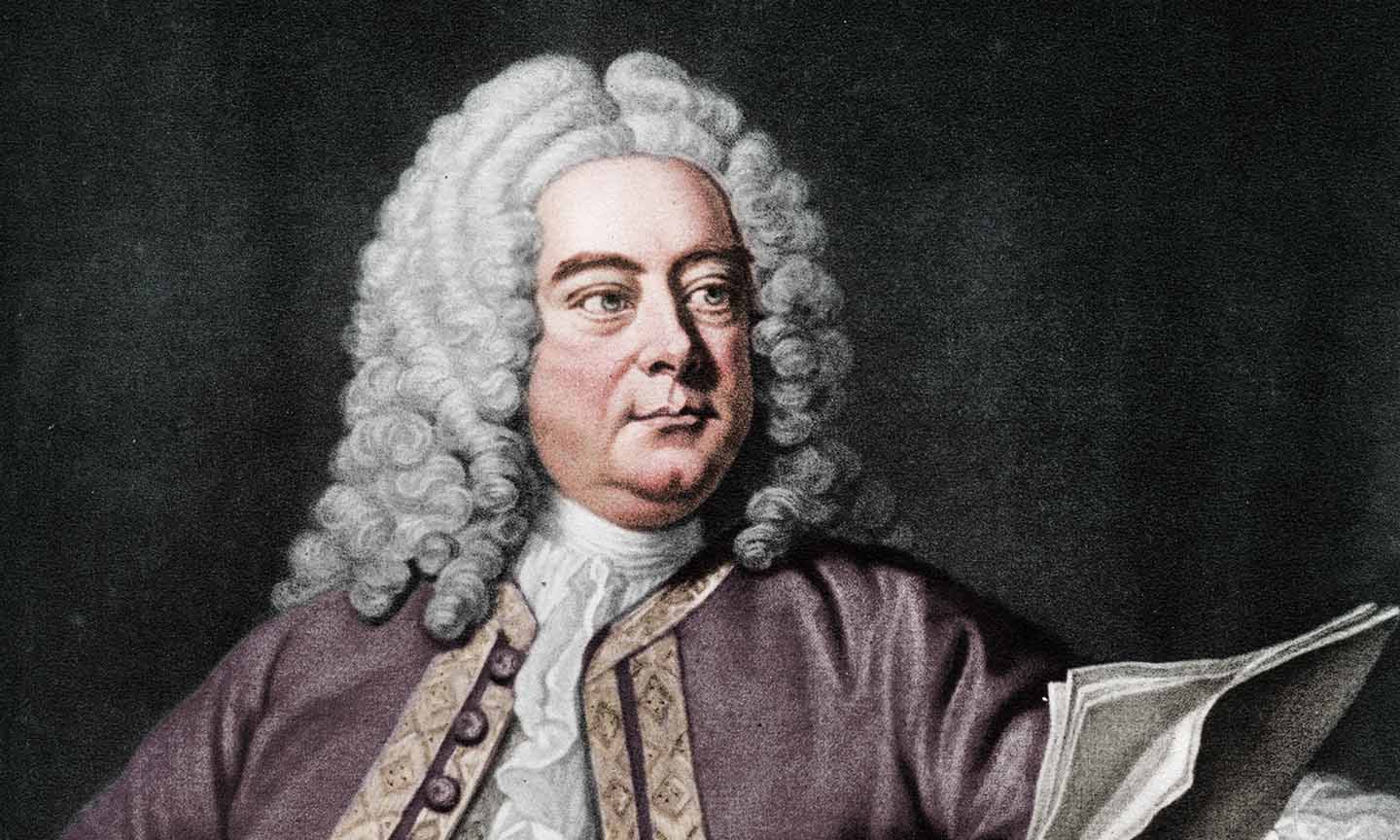Georg Friedrich Händel, known in English as George Frideric Handel, was a prolific and influential Baroque composer whose works have had a lasting impact on classical music. Born on February 23, 1685, in Halle, Duchy of Magdeburg, part of the Brandenburg-Prussia, Handel showed an early interest in music, despite his father’s initial resistance to a musical career. His father, Georg Händel, was a barber-surgeon who had hoped his son would study law. However, Handel’s mother, Dorothea Taust, supported his musical interests.
By the age of seven, Handel had become proficient with the organ, and his talent was evident to all who heard him. His father eventually relented and allowed him to study under the local organist Friedrich Wilhelm Zachow, who introduced him to a wide range of musical styles and compositions, laying a solid foundation for his future career.
In 1702, following his father’s wishes, Handel enrolled at the University of Halle to study law. However, his passion for music could not be contained, and within a year, he abandoned his legal studies to pursue music full-time. He initially served as an organist at the cathedral in Halle but soon moved to Hamburg in 1703. There, he played violin and harpsichord in the opera orchestra and began composing operas himself. His first two operas, “Almira” and “Nero,” were produced in 1705 and enjoyed considerable success.
Handel’s growing reputation led him to Italy in 1706, where he spent four years absorbing the vibrant musical scene and meeting many of the country’s leading composers. He produced several operas, oratorios, and cantatas, which were well-received, further establishing his reputation as a composer of note. His time in Italy significantly influenced his style, particularly his use of melody and dramatic expression.
In 1710, Handel accepted the position of Kapellmeister to the Elector of Hanover, who would later become King George I of Great Britain. However, Handel’s stay in Hanover was brief as he moved to London later that year. London would become his home for the rest of his life. He quickly became a central figure in the city’s musical life, producing operas for the Queen’s Theatre at the Haymarket.
Handel’s operatic works, including “Rinaldo” (1711), “Giulio Cesare” (1724), and “Rodelinda” (1725), were met with great acclaim. However, the popularity of Italian opera in London began to wane in the 1730s, prompting Handel to shift his focus to oratorios. This change proved to be a turning point in his career. His oratorio “Esther” (1732) marked the beginning of a new phase, and subsequent works such as “Saul” (1739) and “Israel in Egypt” (1739) solidified his reputation.
Handel’s most famous and enduring work, the oratorio “Messiah,” premiered in Dublin in 1742. The “Hallelujah” chorus from “Messiah” is one of the most recognized pieces of classical music and is often performed during the Christmas season. Other notable oratorios include “Samson” (1743) and “Judas Maccabaeus” (1747).
Despite facing health issues in his later years, including a stroke that temporarily affected his vision, Handel continued to compose and perform. He was known for his charitable activities, often organizing benefit concerts for hospitals and other causes. In 1759, his health deteriorated further, and on April 14 of that year, he passed away in London. He was buried in Westminster Abbey, a testament to his significant contribution to music and the high esteem in which he was held.
Handel’s legacy is immense, with his works continuing to be performed regularly around the world. His blending of German, Italian, and English musical traditions created a unique style that has influenced countless composers. Handel’s ability to convey deep emotion through his music and his mastery of both the operatic and oratorio forms ensure his place as one of the greatest composers in the history of Western music.


Comments are closed